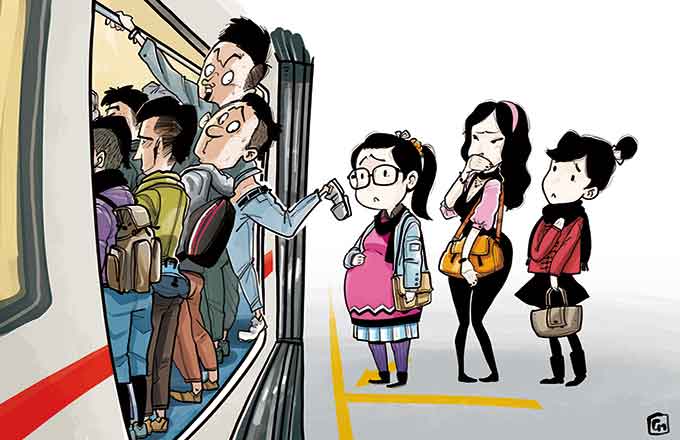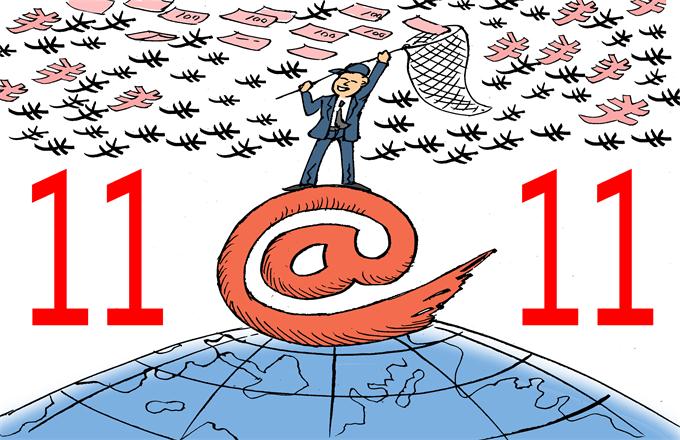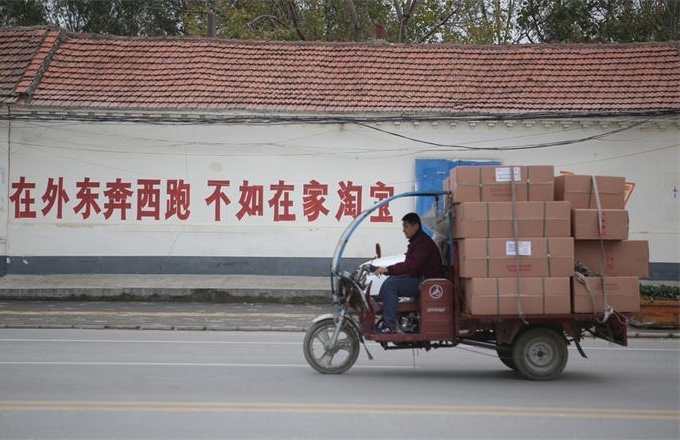Survey facilitates targeted help for kids
 |
|
Two left-behind children follow their teacher to school in a mountainous area of Jiangxi province. ZHUO ZHONGWEI/CHINA DAILY |
THE MINISTRY OF CIVIL AFFAIRS said last week that around 9.02 million children aged 16 or under have been left behind in their rural hometowns by their migrant worker parents, marking a major decline compared with the All-China Women's Federation's previous estimation of more than 60 million. Sznews.com commented on Thursday:
The sharp decline in the number of left-behind children has raised doubts that the survey results are genuine, and there have been suggestions that the figures have been beautified or understated on purpose. But the truth is, it is how left-behind children are defined that has worked the magic.
The latest research by the Ministry of Civil Affairs has narrowed the group to include only children aged 16 or under, whose parents either both work elsewhere, or one is absent while the other is incapable of taking care of them.
The recent survey on left-behind children is designed to better facilitate targeted help, not withhold the truth from the public. In other words, reducing the number of left-behind children aims to make sure those in urgent need of care and assistance receive it.
And let's not forget, as some local governments have pointed out, they have made notable progress in poverty relief by advancing urbanization, fixing household registration loopholes, helping migrant children enroll in local schools, and creating job opportunities for migrant workers to stay where they are from. And that is far from enough.
The most cited estimation of over 60 million unattended rural teenagers has made it difficult for governments at all levels to concentrate and set priorities. The official aid to left-behind children, as a result, has been either diluted or inefficient. The latest survey should be able to help local authorities to make more appropriate, targeted decisions to reunite those kids with their parents.
Ideally, the solutions should vary from individual to individual, ranging from encouraging migrant workers to return home to granting migrant children wider access to education in the places where their parents work. That is exactly what the renewed survey results have to offer.
- All left-behind children need helping hand
- Plan envisions reuniting 9 million left-behind kids with their parents
- Left behind, but not forgotten
- Legal lecture for 'left-behind' children
- Story of a 'left-behind child' in SW China
- A former left-behind child breaks stereotypes
- Goal of big-city trip is to inspire left-behind kids


















